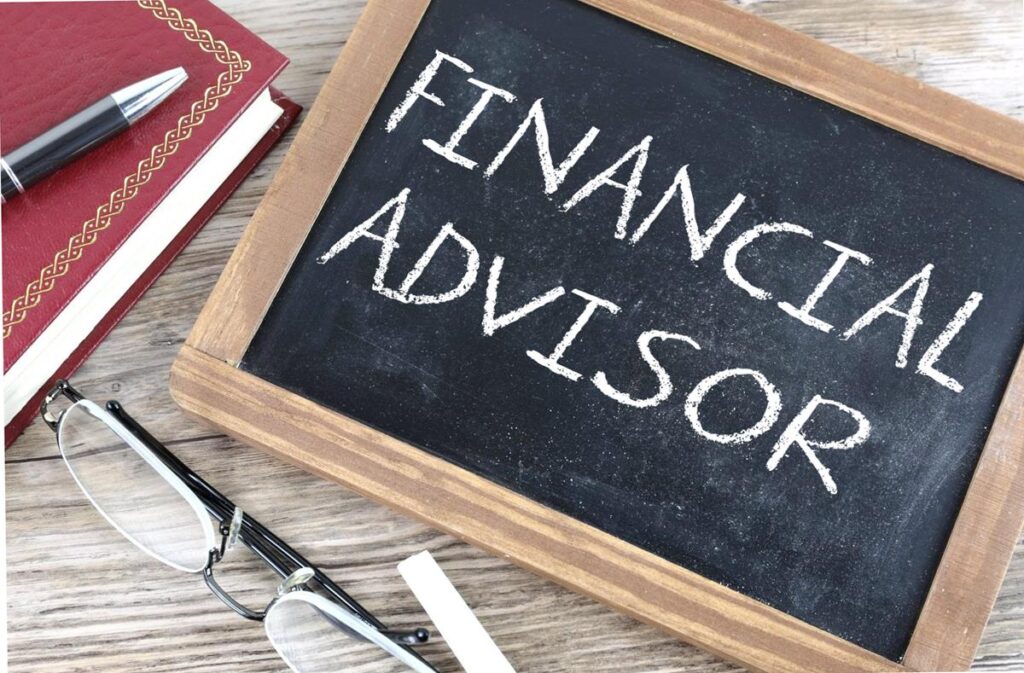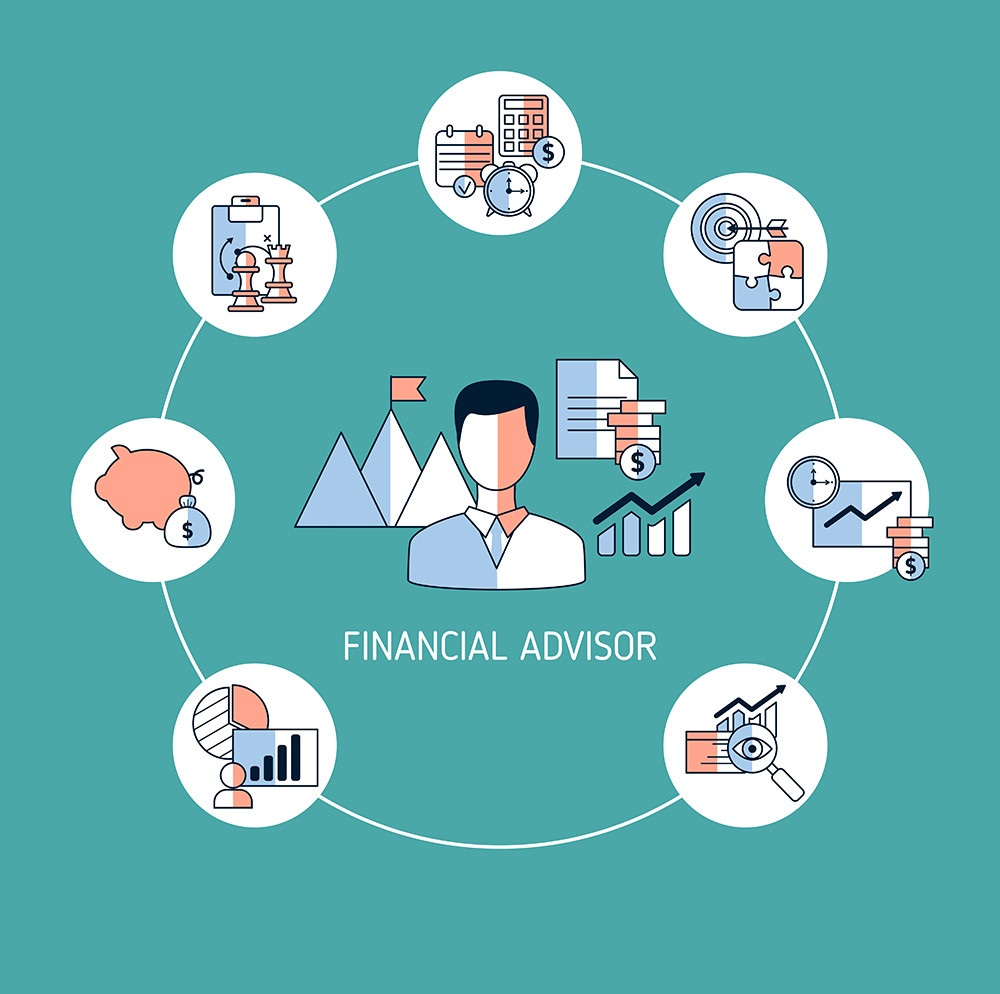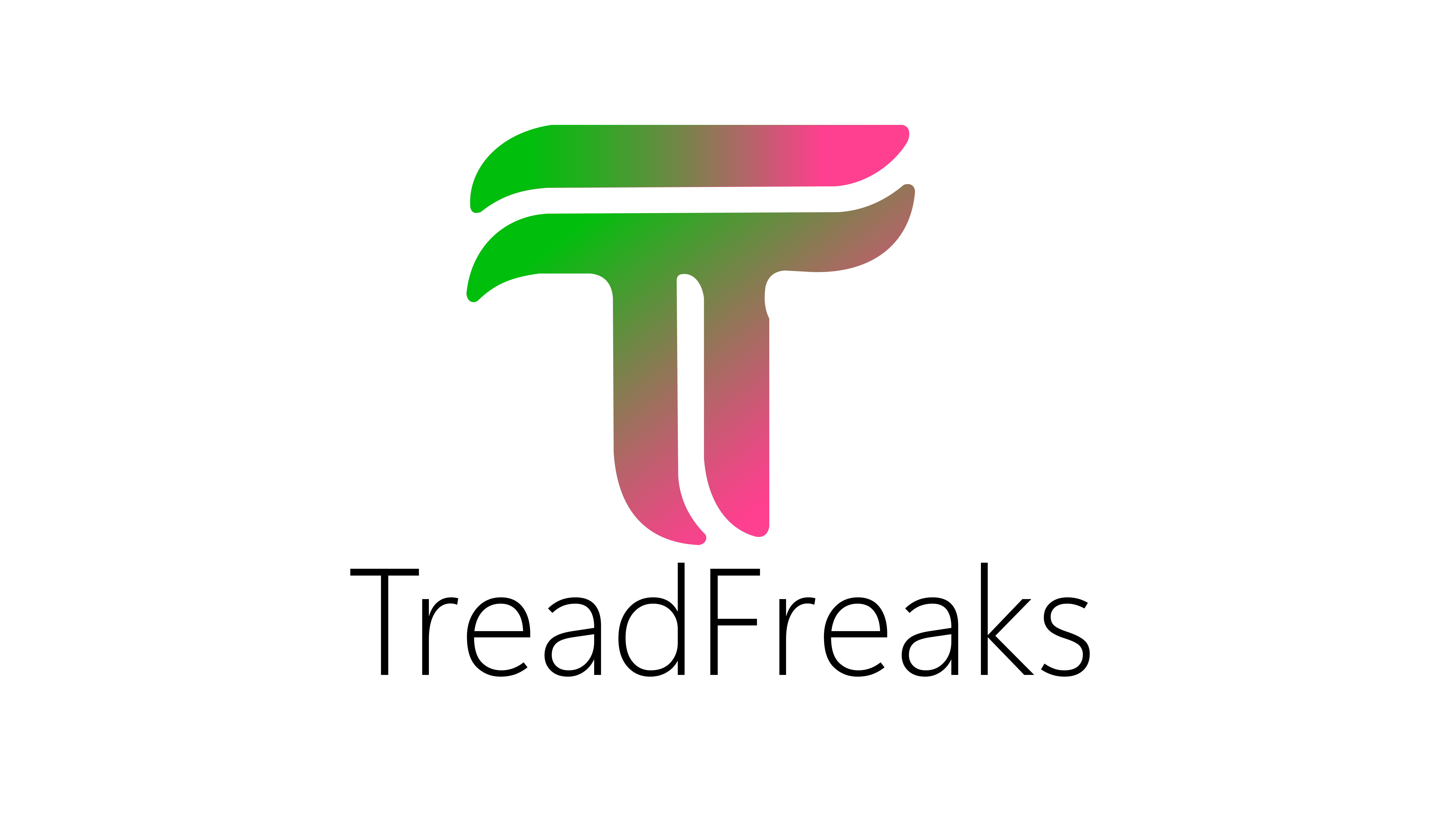Making sound financial decisions is a crucial aspect of life. Whether it’s managing your investments, planning for retirement, or navigating complex tax implications, the choices you make can have a lasting impact on your financial well-being. While some individuals prefer the hands-on approach of handling their finances independently, others find solace in seeking professional guidance from a financial advisor.

Understanding DIY Finances
Pros and Cons of Managing Finances Independently
Many individuals opt for a Do-It-Yourself (DIY) approach to their finances. This approach offers flexibility and autonomy but comes with its set of challenges. On one hand, DIYers have control over their financial decisions, but on the other hand, they might lack the expertise needed to navigate complex financial landscapes.
Common Challenges Faced by DIYers
DIYers often find themselves wrestling with financial jargon, struggling to keep up with market trends, and facing the time-consuming nature of managing finances without professional assistance.
The Role of a Financial Advisor
A financial advisor plays a pivotal role in providing comprehensive financial guidance. Their responsibilities extend beyond merely managing investments; they act as partners in achieving long-term financial goals, navigating market uncertainties, and providing tailored advice to suit individual circumstances.
Benefits of Hiring a Financial Advisor

Tailored Financial Planning
One of the primary advantages of hiring a financial advisor is the ability to create a personalized financial plan. Advisors take into account your unique goals, risk tolerance, and financial situation to craft a strategy that aligns with your aspirations.
Expertise in Investments
Navigating the complex world of investments can be daunting for many. Financial advisors bring a wealth of knowledge and experience, helping you make informed decisions that align with your financial objectives.
Risk Management
Financial advisors are skilled in assessing and managing risks. Whether it’s market volatility or unexpected life events, having a professional by your side can mitigate potential financial setbacks.
Long-term Financial Stability
The overarching goal of a financial advisor is to contribute to your long-term financial stability. They help you make decisions that not only benefit you in the present but also lay the foundation for a secure financial future.
Signs It’s Time to Consider a Financial Advisor
Overwhelmed with Financial Jargon
If navigating financial jargon feels like deciphering a foreign language, it might be a sign that professional guidance is needed. Financial advisors can break down complex concepts, making them more accessible and understandable.
Limited Time and Resources
In our fast-paced lives, finding the time to thoroughly manage one’s finances can be challenging. If the demands of your career or personal life leave you with limited resources, a financial advisor can step in to lighten the load.
Complex Financial Goals
As financial goals become more intricate, from buying a home to planning for a child’s education, the expertise of a financial advisor becomes invaluable. They can strategize and optimize your financial plan to align with these complex objectives.
Experiencing Significant Life Changes
Life is dynamic, and major life events such as marriage, parenthood, or retirement can significantly impact your financial landscape. During times of change, having a financial advisor can provide stability and guidance.
DIY Risks and Pitfalls
Investment Mistakes
One of the significant pitfalls of the DIY approach is the potential for making costly investment mistakes. Without the expertise to analyze market trends, assess risk accurately, or diversify a portfolio effectively, DIY investors may find themselves susceptible to financial setbacks.
Failure to Diversify
Diversification is a key strategy in risk management. DIYers might unintentionally concentrate their investments in one sector, exposing themselves to higher risk. Financial advisors, on the other hand, employ diversification strategies to spread risk across various assets, safeguarding against market volatility.
Emotional Decision-Making
Investing can evoke strong emotions, especially during turbulent market conditions. DIY investors may succumb to emotional decision-making, such as panic selling during a market downturn or making impulsive investment choices based on short-term trends. Financial advisors, with their objective perspective, help mitigate these emotional responses, fostering a more rational approach.
Lack of Long-term Strategy
Successful financial planning requires a comprehensive long-term strategy. DIYers may focus on short-term gains without considering the broader picture of their financial future. Financial advisors, however, craft robust long-term strategies that adapt to changing circumstances, ensuring sustained financial stability.
Financial Literacy and Education

Understanding financial concepts is paramount for making informed decisions. DIYers may lack the time or resources to stay updated on the latest financial trends and regulations. Financial advisors not only guide clients but also contribute to their financial education, empowering them to make sound choices independently.
Costs Associated with Hiring a Financial Advisor
Transparent discussions about fees are crucial in the client-advisor relationship. While some may view hiring a financial advisor as an added expense, it’s essential to weigh the costs against the potential benefits. Financial advisors often provide a significant return on investment through enhanced portfolio performance, tax efficiency, and overall financial well-being.
Case Studies
Real-life examples illustrate the tangible benefits of hiring a financial advisor. Consider the case of Sarah, a DIY investor who, without professional guidance, faced challenges in managing her retirement portfolio. After consulting with a financial advisor, Sarah not only achieved better investment returns but also developed a comprehensive retirement plan tailored to her unique needs.
On the flip side, stories of DIY investors who encountered setbacks due to inadequate risk management or poor investment decisions highlight the potential downsides of managing finances independently.
Conclusion
In conclusion, the choice between a financial advisor and a DIY approach hinges on individual preferences, financial goals, and the level of expertise one possesses. While the DIY method offers autonomy, the complexities of the financial landscape may necessitate professional guidance. Financial advisors bring a wealth of knowledge, mitigate risks, and contribute to long-term financial stability.
In the ever-evolving financial world, recognizing the signs that indicate it’s time to hire a financial advisor can be a transformative step toward achieving your financial aspirations. Whether you’re overwhelmed with financial jargon, facing significant life changes, or seeking tailored financial planning, a financial advisor can be your strategic partner in navigating the complexities of the financial landscape.
the decision to hire a financial advisor or manage your finances independently depends on various factors. Each approach has its merits, but it’s essential to recognize when professional guidance is necessary. By understanding the signs and benefits discussed in this article, you can make an informed decision that aligns with your unique financial journey.



